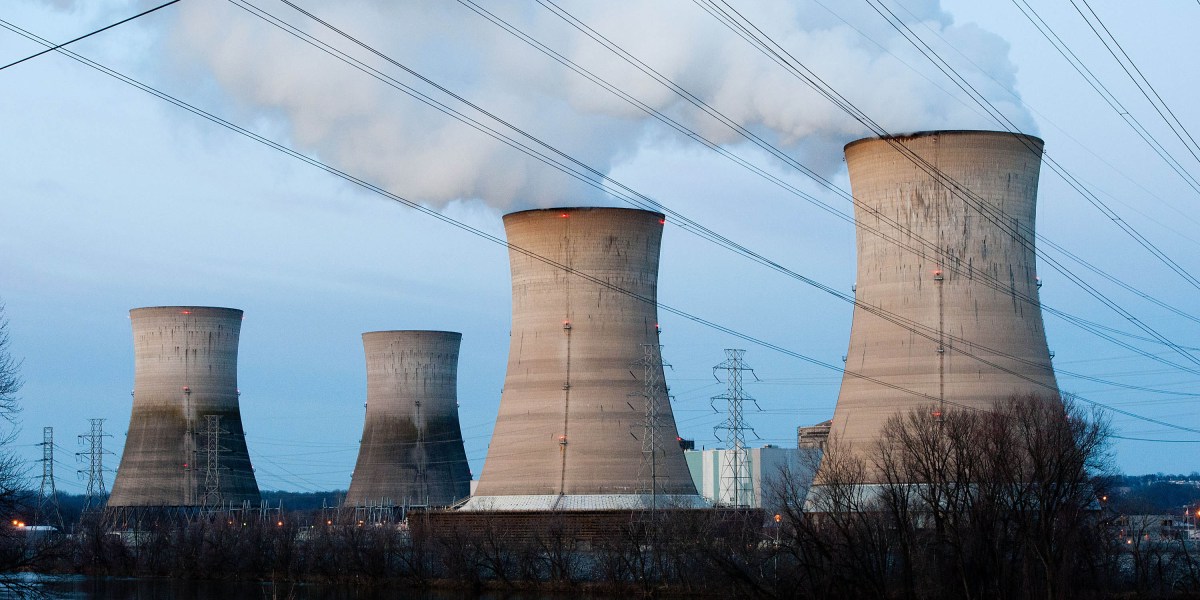With that said, Empire of AI is a powerful work, bristling not only with great reporting but also with big ideas. This comes across in service to two main themes.
The first is simple: It is the story of ambition overriding ethics. The history of OpenAI as Hao tells it (and as Hagey does too) is very much a tale of a company that was founded on the idealistic desire to create a safety-focused artificial general intelligence but instead became more interested in winning. This is a story we’ve seen many times before in Big Tech. See Theranos, which was going to make diagnostics easier, or Uber, which was founded to break the cartel of “Big Taxi.” But the closest analogue might be Google, which went from “Don’t be evil” to (at least in the eyes of the courts) illegal monopolist. For that matter, consider how Google went from holding off on releasing its language model as a consumer product due to an abundance of caution, to rushing a chatbot out the door to catch up with and beat OpenAI. In Silicon Valley, no matter what one’s original intent, it always comes back to winning.
The second theme is more complex and forms the book’s thesis about what Hao calls AI colonialism. The idea is that the large AI companies act like traditional empires, siphoning wealth from the bottom rungs of society in the forms of labor, creative works, raw materials, and the like to fuel their ambition and enrich those at the top of the ladder. “I’ve found only one metaphor that encapsulates the nature of what these AI power players are: empires,” she writes.
“During the long era of European colonialism, empires seized and extracted resources that were not their own and exploited the labor of the people they subjugated to mine, cultivate, and refine those resources for the empires’ enrichment.” She goes on to chronicle her own growing disillusionment with the industry. “With increasing clarity,” she writes, “I realized that the very revolution promising to bring a better future was instead, for people on the margins of society, reviving the darkest remnants of the past.”
To document this, Hao steps away from her desk and goes out into the world to see the effects of this empire as it sprawls across the planet. She travels to Colombia to meet with data labelers tasked with teaching AI what various images show, one of whom she describes sprinting back to her apartment for the chance to make a few dollars. She documents how workers in Kenya who performed data-labeling content moderation for OpenAI came away traumatized by seeing so much disturbing material. In Chile she documents how the industry extracts precious resources—water, power, copper, lithium—to build out data centers.



